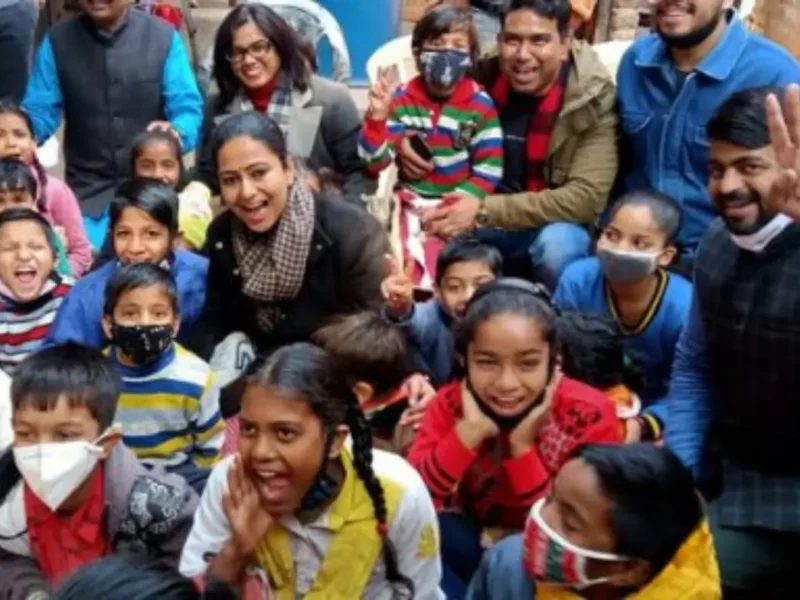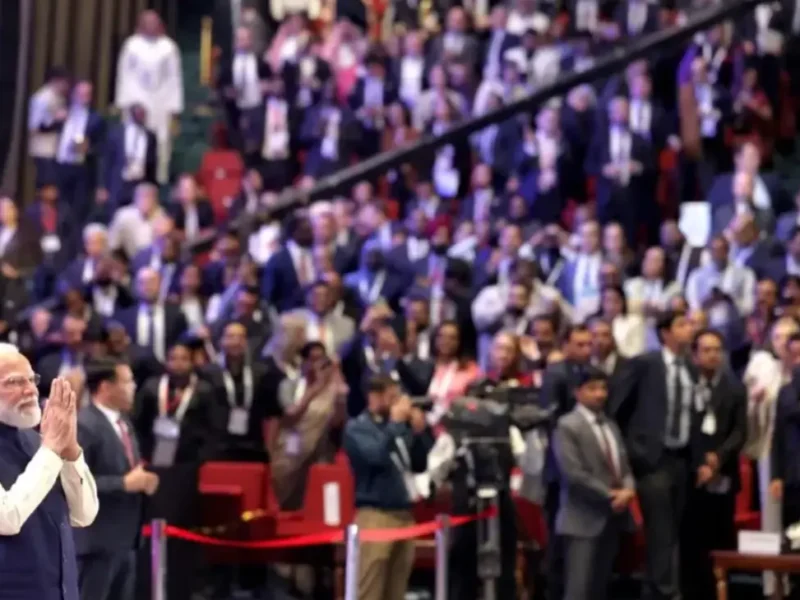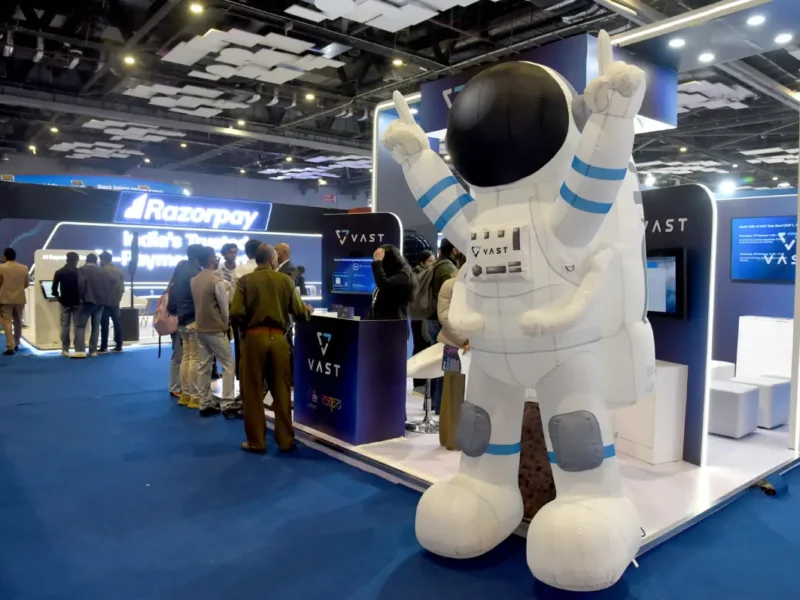Celebrating Independence
Neera Kuckreja Sohoni, CA
A glaring headline “Why I Refuse to Celebrate Independence Day” in India West has drawn much ire and attention from readers, which is not surprising given its provocative tenor. It seems especially inappropriate that the piece is authored by no less than one who is Executive Director of a California-based South Asian Network. One may connect or not with Syed Shakeel’s personal views but there is no chance one could commend him for using cynical divisiveness while heading a network that is supposed to speak for and unite all South Asians.
Since the political debut of Modi in India and Trump in America, segments of their respective populace have found it convenient to freely use provocative speech as an attack dog to bring down entire societies along with the heritage they have long cherished.
Increasingly, it has become fashionable to call out the evil and to ignore or even deny the good in every polity. The long painful gestation that freedom required of generations of citizens whether in India or in the US is being unreasonably trashed, and those who celebrate their flag and freedom mocked and derided as racist.
A generation obsessed solely with victim status and with correct pronouns for gender identity has little room to acknowledge let alone respect the past or its glory and accomplishment.
With reverence for national symbols fading, and with the younger generations less inclined to recognize or respect national borders and boundaries, the uniqueness of being Indian or American is being eroded.
In the current age obsessed with globalism and borderless nations, nationalism has become unfashionable, and nationhood unsustainable. The move away from patriotism towards nationhood’s eradication and nationality’s nullification is as swift as it is inevitable unless we determine to do something about it.
In the Age of Wokeism when past wrongs are being acknowledged and beginning to be addressed and corrected, it is painful, and should be unacceptable, to be forced to dismiss entire nations, which amounts to discarding the baby with the bathwater.
To be enlightened to history’s wrongs is both just and correct. But to condemn and seek to burn down entire social systems and polities is not. Indeed, it is suicidal.
When nations and patriotism become fragile symbols losing their effectiveness as unifying forces, family, society, and political systems also lose ground as conduits of tradition and cohesiveness as well as of restrained conduct and peaceful, respectful co-existence.
Self-absorbed and ego-driven, today’s rebels – whether young or old – fail to acknowledge that for human life to begin, it requires two to tango, and further, that no individual entity can occur or grow in a vacuum. The new-born is just as umbilically and genetically linked to its parents as to its race and nationality.
While one can readily take up citizenship of another country, one can no more renounce one’s national identity than one can one’s color and race.
Even for the worst cynics among us, it is almost impossible to not feel the exhilaration of the national flag being unfurled or to listen to the national anthem and not have our hearts flutter. That is how year after year we witness scores of even the strongest athletes cry when they stand on the world stage and the national anthem is played to salute them and their nation.
Freedom does not come easy. Like childbirth, it comes with unendurable pain, suffering, and bloodshed. In America or India, freedom came at a heavy cost. Decades of hard work and perseverance preceded and followed their hard-earned independence.
Fighting primarily a non-violent war, India’s freedom fighters willingly gave of their blood, sweat, and tears. During the freedom struggle, innumerable lives were lost or permanently maimed, lucrative careers and material assets sacrificed, family life given up, and torturous floggings, imprisonments as well as life-long banishment to isolation sites bravely endured. For all those sufferings and sacrifices, they got no money or rewards; just the emotional fulfillment of working to free their Mother i.e., India from the chains of enslavement.
While born centuries apart, both America and India have shown unmistakable resilience. No one predicted that once independent, America or India would survive, or would not succumb to internal combustion. America remained standing even after the death blow of the civil war and is the longest-lasting democratic republic of all times.
By contrast, India is in its infancy but has managed to sustain its independence and democracy through 75 years, thereby refuting all predictions of doom and gloom about its survival as a free nation and a practicing democracy.
While both nations struggle with issues of credibility and stand accused of racism, casteism, and faith-and color-based fascism, there is no justification in dismissing them as failed experiments. Nations, like individuals, have their failings. Whether in America or India, freedom requires each of us who live under its shade to stand up for it. Not to show it the knee.
This August 15, we need to relive the zeal that inspired millions to unchain India. And to allow our anthem to resuscitate the jaded patriot in each of us.





Daljit Singh
/
Ms. Neera Sohoni’s opinion on free and independent India sharing and having parallel historical experiences with the longest surviving democratic institutions of the United States is noteworthy; however, India’s experiment with democracy still requires critical assessment and evaluation. The unequal treatment of minorities and harassment of people believing and worshiping their faith other than the majority faith gives us a pause in supporting the current political leadership in India and its democratic institutions.
August 5, 2022